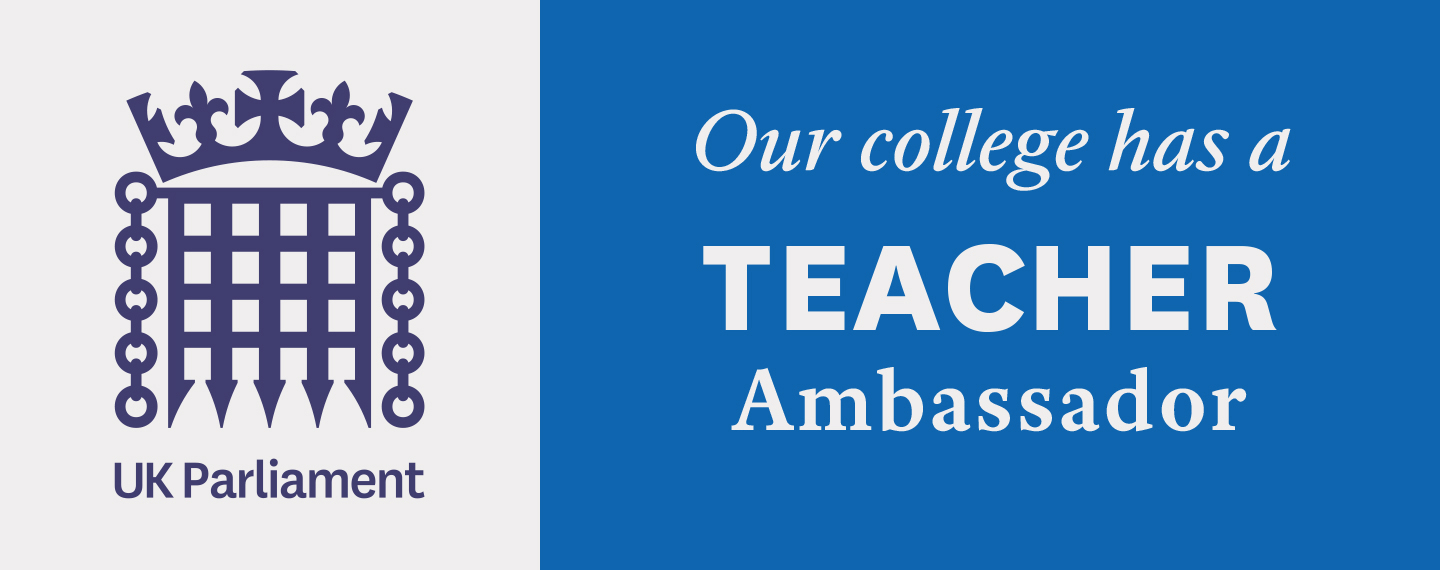
History A Level
Develop your skills of written and verbal communication, evaluation, analysis, assessment and expression as you study revolution, the collapse of the monarchy and the establishment of new regimes in A Level History. We will support your growing interest in understanding different time periods and the impact of political change on societies by presenting you with a number of opportunities to learn outside the classroom with activities such as guest speakers, trips and student conferences.
You will study England 1603-1702, considering the causes and events of the English Civil War and the execution of King Charles I in 1649; assessing how far the monarchy was changed after the Restoration.
We give you the opportunity to specialise in either Russia 1917-1953 or Germany 1918-1945. Specialising in Russia will lead you to study the revolutions of 1917, Bolshevik Russia, Stalin’s rule and Russia’s emergence as a superpower following the Second World War. If you choose to specialise in Germany you will spend your time studying the German revolution of 1918-1919 and the establishment of the Weimar Republic, the Nazis in power and their impact on the German population.
You will study and produce a coursework project on the struggle for black Civil Rights in America, 1860-1965; looking at some primary material as well as how historians have viewed this period.
Year 1 Modules
- Students will choose one of the following pathways:
- The Russian Revolution 1917-1929; the fall of the Tsar, Lenin’s Russia, and Stalin’s rise to power
- The Weimar Republic 1918-1933; the fall of the Kaiser, the Golden Twenties and the rise of the Nazis
- Britain 1603-49: the reigns of James I and Charles I, the causes of the Civil War and execution of the King
- The Struggle for Black Civil Rights in America 1860-1965
Year 2 Modules
- Students will continue with their specialist pathway chosen in Year 1:
- Russia: Stalin’s Rule, 1929-1953, Modernisation, the Terror, and Russia in WW2
- Germany: The Nazis in power, 1933–1945, the Terror State, Opposition, Policies towards the Jews and Germany in WW2
- Britain 1649-1702: the rule of Cromwell, the restoration of Charles II and the causes of the Glorious Revolution.



Key Info
Minimum Entry Requirements
- Five GCSEs at Grade 5 including:
- Grade 5 in GCSE English Language
- Grade 5 in GCSE History
- Grade 5 in another Humanities subject or English Literature GCSE
Assessment
- 80% Exam
- 20% Coursework
- Exam Board: AQA
219
Total students
18
Average class size
Why choose this course?
You will enjoy this course if you enjoy studying different aspects of the past, including how leaders, ordinary people, beliefs and conflicts have helped shape the world we live in. This course focusses on times of significant change: on revolution, the collapse of the monarchy, and the establishment of new regimes. You should also enjoy writing essays and reading, and be keen to develop your skills in written communication and the analysis of primary documents and texts by historians.
Our History students have the opportunity to take part in a number of popular ‘extra’ activities. In the past few years, these have included: a day of lectures by visiting academics from Anglia Ruskin focused on Black Civil rights 1860-1964, trips to Parliament and student conferences in London, and talks by other visiting academics.
Skills you'll gain
History teaches students the ability to question, interpret, and evaluate; to think critically, write persuasively and build an argument. In addition to this, the coursework component in History means students develop very good organisational and independent study skills.
Employers value the skills A Level History develops in students, and it can lead to a range of careers in many different fields including; journalism, politics, law and marketing, as well as higher education.
After Long Road
Examples of degrees being taken by students who completed their A level History courses in 2023 include:
- History at the University of Oxford
- History and Politics at Sheffield University,
- History and Philosophy at University of Sussex,
- History at University of Kent
- History at UCL
Others students study courses linked to History, like International and Political Studies or Law; and some students go into employment.
History lessons are really interesting. We do a lots of discussion, and group work as well as writing. The work can be challenging, but it’s interesting and there’s help available when needed








